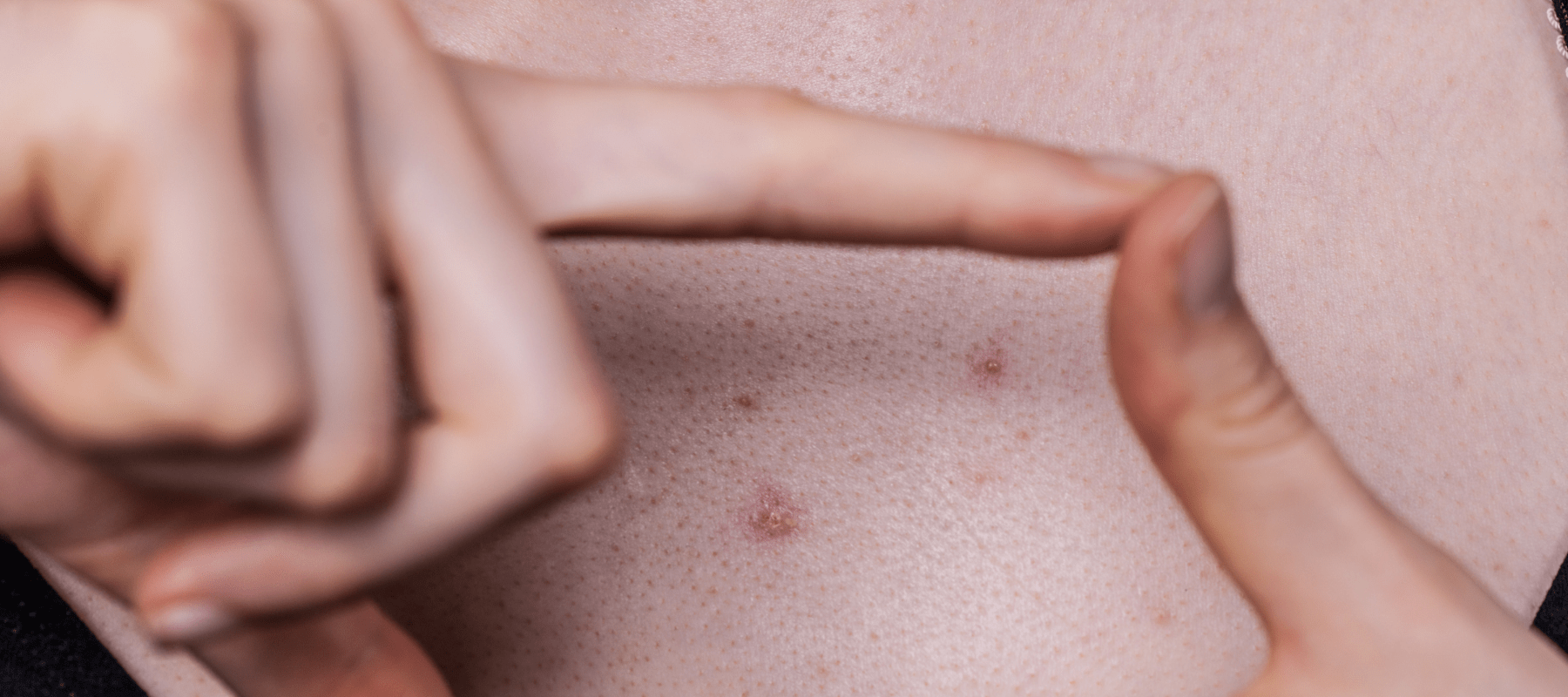
Understanding the Meaning Behind Pimples on Your Neck
Nowadays, most people develop pimples on the neck. These pimples, whether on the front or rear of the neck, are swollen lumps that cause great discomfort. However, these mild neck pimples usually disappear in a few days if you use the right skincare products.
In this article, you’ll learn not only the ‘pimples on the neck meaning’ but also its causes and the ways to deal with them. So, let’s start.
What causes pimples on the neck?
Neck acne is an outcome of clogged pores. Due to the skin cell blockage, your neck can develop acne-like pimples. But how do the pores experience blockage? So, what is the exact ‘pimple on the neck reason’? What are the causes of neck acne? So, let’s find out:
- Not washing and cleansing your neck routinely, especially after sweating.
- Having long hair that often stays in contact with your neck.
- Wearing neck-rubbing gear or equipment.
- Using cosmetic products with harsh or poor chemical ingredients.
Also, other more widespread causes of acne include hormonal fluctuations, stress, nutrition, medicines, and family history.
Types of neck acne
The type of neck acne may vary, similar to acne elsewhere in your body. So, here are the types of pimples on the neck you need to know about:
- Papules: These are red, painful, and hardened pores that are plugged by bacteria, skin cells, and oil inside hair follicles.
- Pustules: These papule-like substances feature a white tip in the middle due to a pus-filled pustular accumulation by bacteria.
- Nodules: These large, hard lumps form deeper beneath the skin than papules and pustules. Despite not typically containing pus, they can be uncomfortable.
- Cystic Acne: Cysts are serious acne that is itchy, uncomfortable, and full of pus. They develop due to pore blockage by a combo of bacteria, dead skin cells, and oil deep inside the skin.
Also, the occasional spot or blemishes can cover greater areas of your skin. Moreover, hormonal changes can also make women experience pimples on their necks during their periods.
How to treat acne on the neck
Yes, your neck skin is indeed thinner than your facial skin. However, you can treat the pimples on your neck the same as on your face and forehead. So, it means one can treat their neck acne in a range of ways, including:
Hormonal therapies
Oral contraceptives are a powerful acne treatment option if you believe fluctuating hormone levels cause your acne. The mix of oestrogen and progestin in the pill lessens the impact of androgens on the skin. Moreover, this power combo reduces your overall sebum production.
Exfoliation
The major step in treating neck acne is removing acne-causing bacteria and unclogging your pores. The best method to do so is with a mild chemical exfoliator containing chemicals like salicylic acid and AHA extract. This is where the Pink Foundry’s Overnight Exfoliating AHA BHA Radiance Mask 30 ml comes to aid.
This mild exfoliant skin mask comes with the combination of caviar lime extract AHA, Australian Tasmanian mountain pepper, encapsulated salicylic acid (BHA), and olive fruit extract to:
- Remove germs,
- Unclog waste and trapped oils from the pores and
- Lessen the development of blackheads and whiteheads.
Cleanse your neck & let it breathe
Keeping the neck acne-free of abrasive detergents, cosmetics, debris, dead skin cells, and other allergens helps keep it healthy. So, your skincare routine may help minimise the recurrence of neck zits by including a cleanser, exfoliator, and moisturiser.
At Pink Foundry, you can find the best-in-class skincare products, including highly effective moisturisers and cleansers. We recommend the newly launched Clearing & Calming Acne Face Wash for your neck cleansing routine. However, for moisturising your neck after a wash, we recommend using the Acne Care & Healing Gel Moisturiser with Tea Tree & Cica.
Also, letting your neck stay in contact with air is crucial to prevent acne. And lastly, while choosing your attire, choose materials like cotton and avoid complete neck covers.
Also Read: Understanding the Different Types of Acne on Your Face
Lifestyle changes to reduce neck acne
Take preventative measures to stop outbreaks. Some acne sufferers can lessen the impact of their flare-ups by altering their lifestyles and adopting good skincare practices.
- So, the first step is to maintain proper hygiene. When treating acne, scrub the face and neck gently. Also, moisturise it in the morning and at night.
- Children and adults alike should dress comfortably in loose-fitting, breathable clothing. Skin irritation from tight clothing rubbing against the skin and excessive sweating are the two main contributors to acne mechanica.
- Also, dietary adjustments can be beneficial. Less breakouts may result from switching to a low-glycemic diet that excludes items like sugar.
- Lastly, eliminate triggers to live a less stressful lifestyle.
Conclusion
So, we now know that the neck is just as susceptible to outbreaks as any other body area. The neck can develop any type of acne, but the more severe pustules, nodules, papules, and cysts are more prevalent. You can treat pimples on the neck the same way you treat acne on other body parts.
So, it leaves you with skincare options like exfoliation, cleansing, and moisturising. You can manage all these at home if you maintain a proper skincare routine, avoid triggers, and use the best quality skincare products.
FAQs:
What do neck-area pimples signify?
Your neck may develop acne if the skin cells become blocked. Not frequently washing your neck, especially after perspiring, is one of the potential causes.
Does stress cause neck acne?
If you are not already prone to acne, stress won’t cause you to develop it, but it can worsen by temporarily raising the levels of several hormones.
Is having pimples behind your neck typical?
Yes, pimples often appear on the neck, particularly towards the nape. Acne is currently the most prevalent skin ailment; several pimples typically signal this.
What are the causes of top neck acne?
Neck acne may be caused by friction from collars, hormonal changes, excess sweat, or poor hygiene. Using heavy skincare or hair products can also clog pores. Sometimes, stress and diet play a role.
How to get rid of neck acne?
Wash the neck gently with a mild cleanser twice a day. Avoid tight collars and heavy fragrances. Use a spot treatment containing salicylic acid or benzoyl peroxide. Keep your hair clean and away from your neck.
What causes pimples on the front of the neck?
Pimples on the front of the neck can be caused by clogged pores, shaving irritation, sweat, or product buildup. Wearing tight clothes or accessories may also aggravate the skin. Pimples on the front of the neck are also common among people with long hair.






















































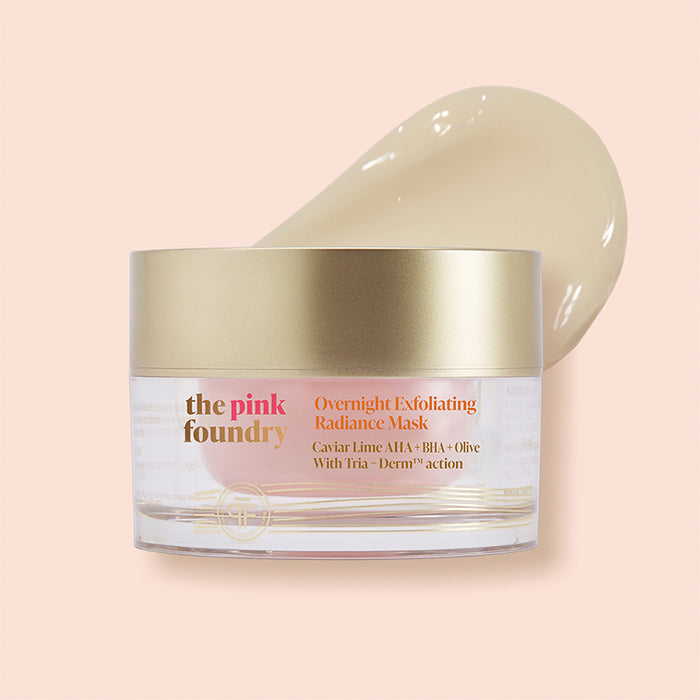
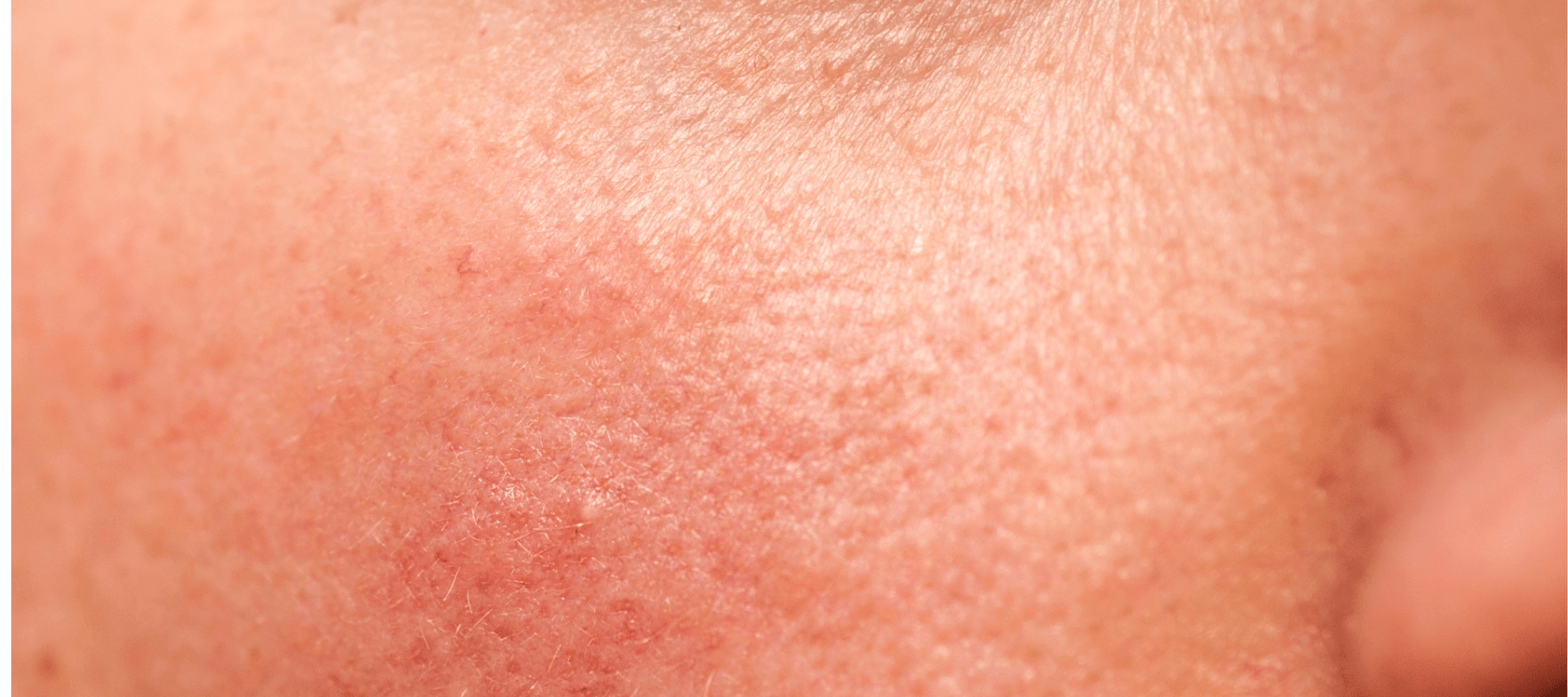
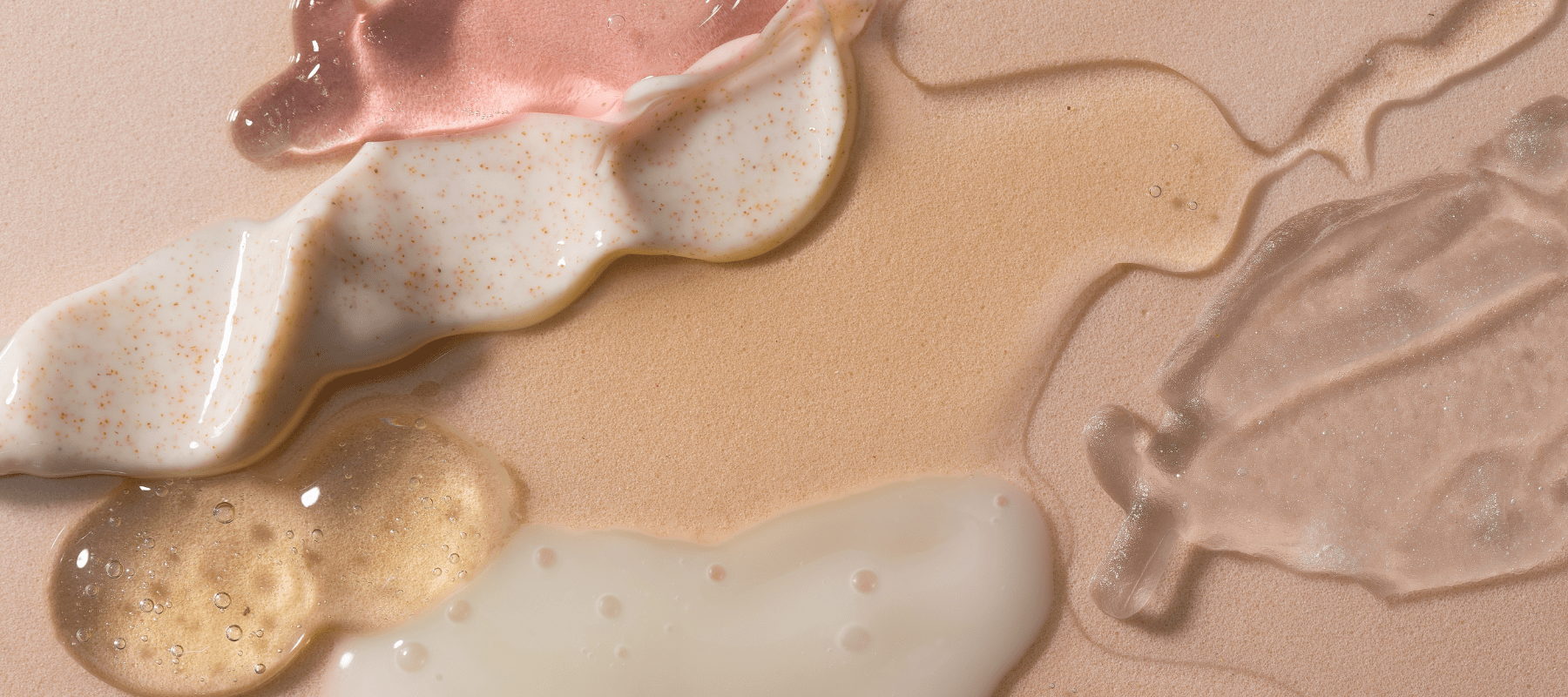
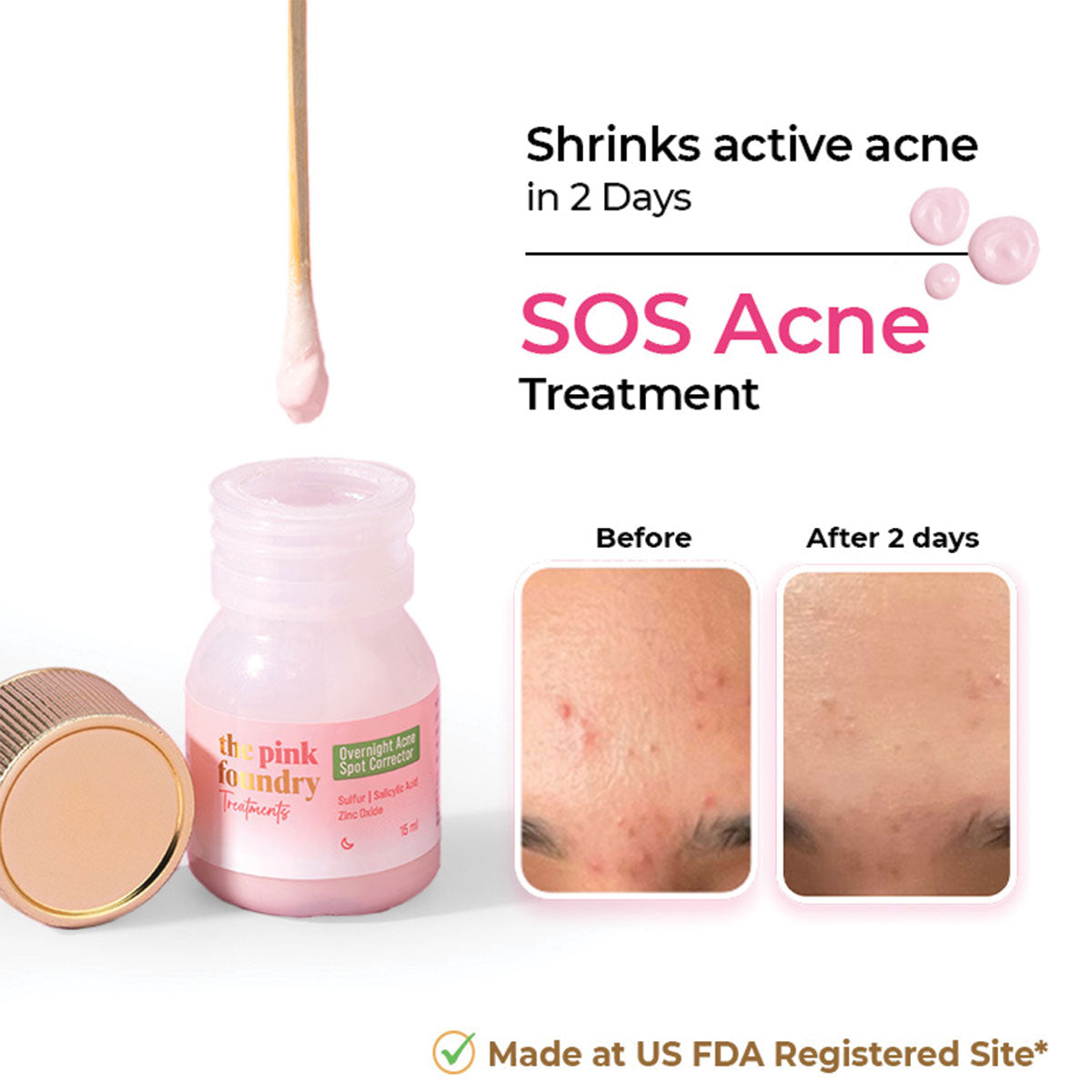
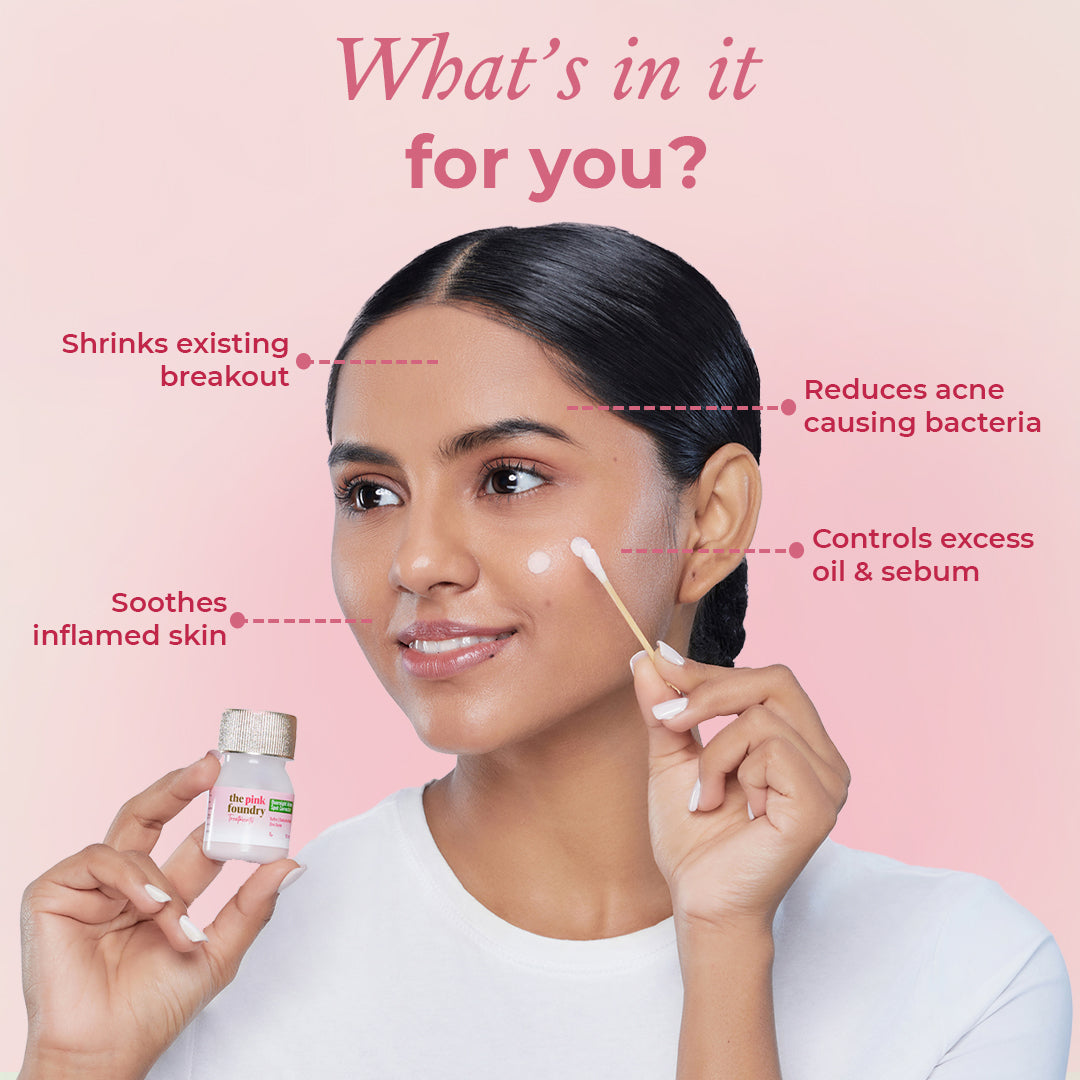


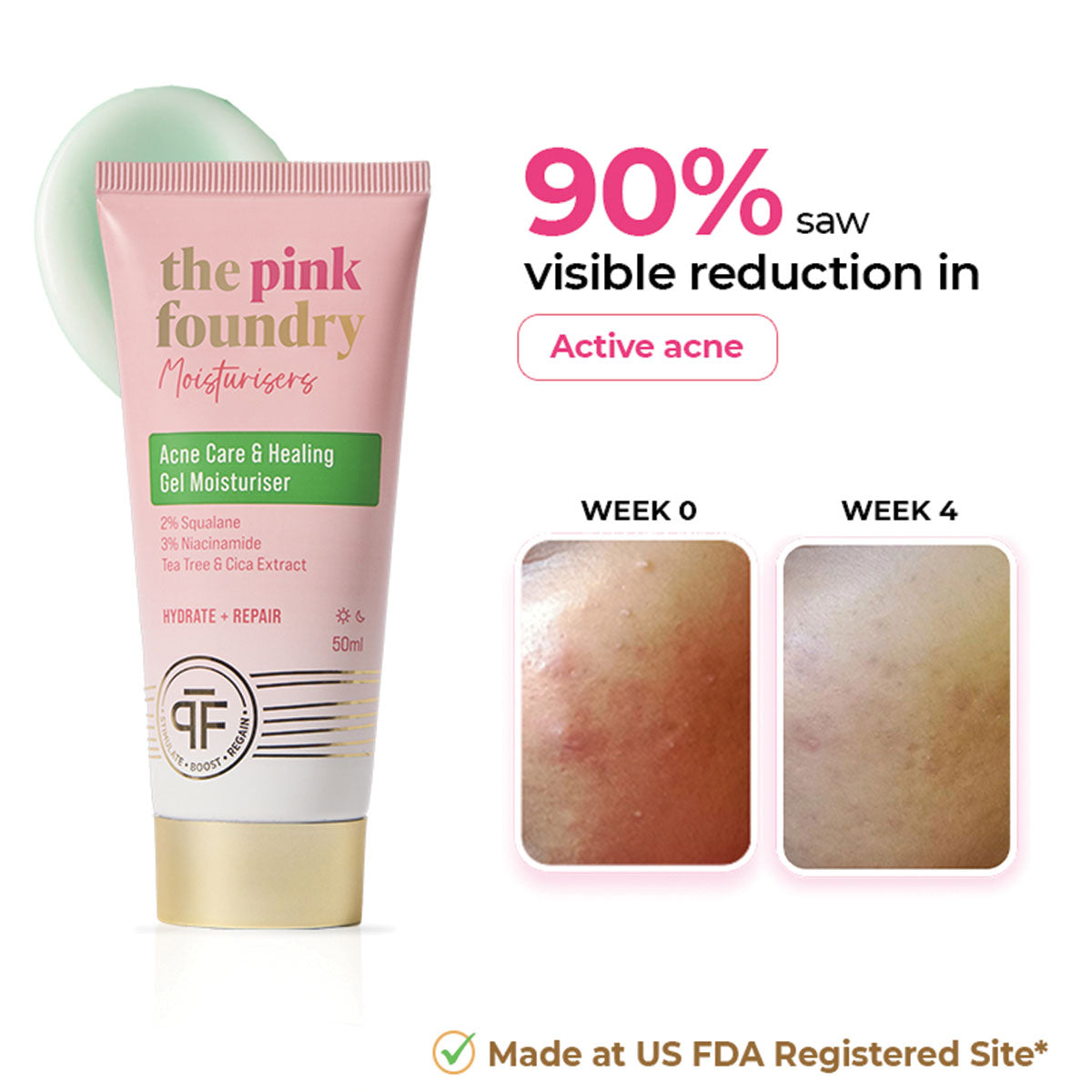
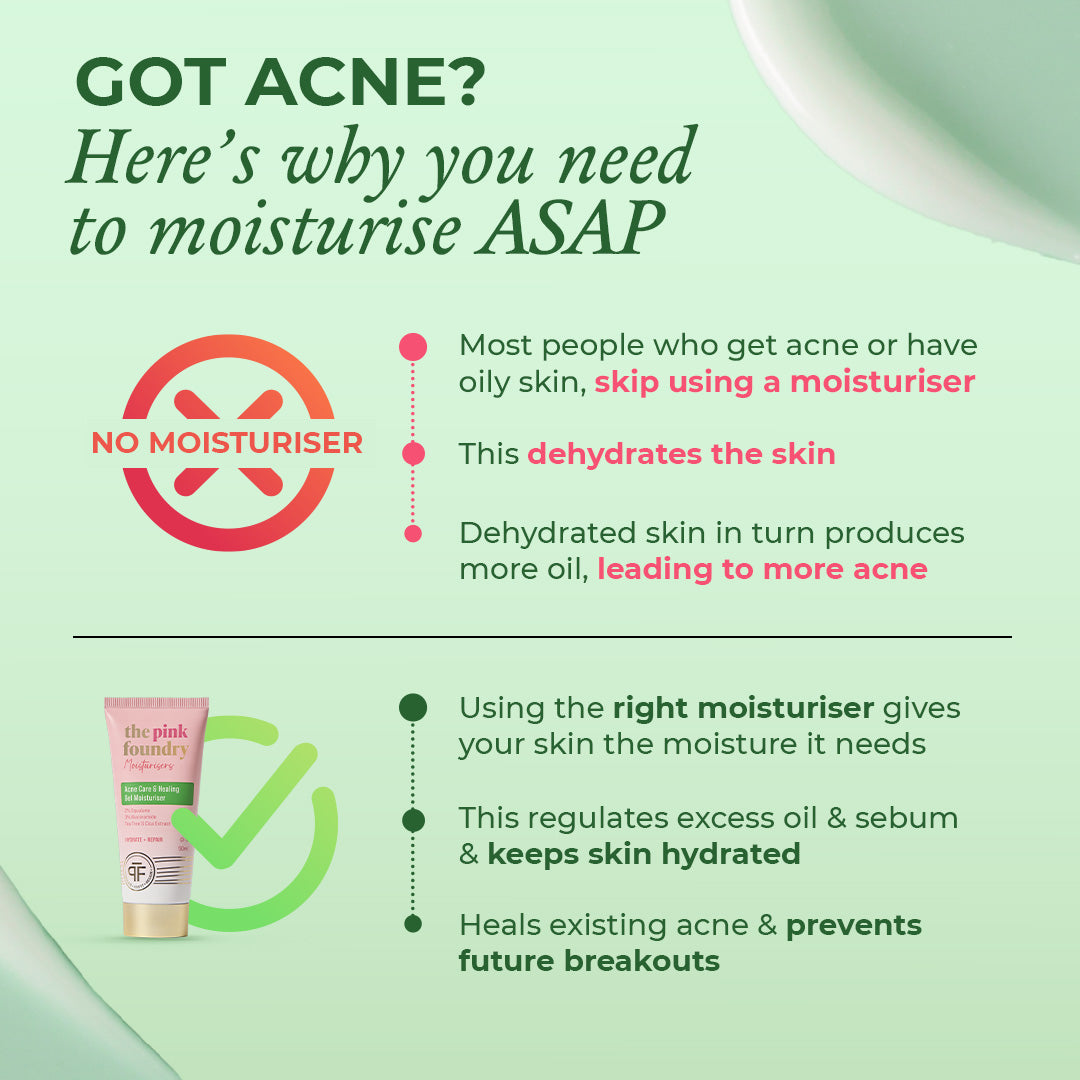










Leave a comment
This site is protected by hCaptcha and the hCaptcha Privacy Policy and Terms of Service apply.